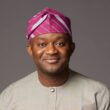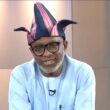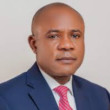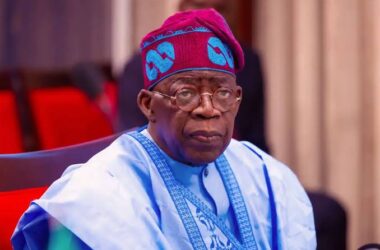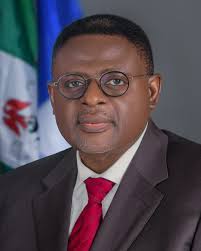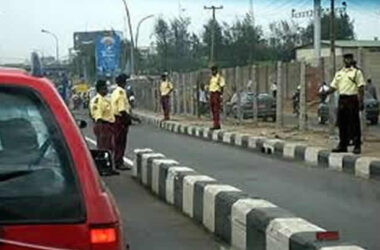Sam Itodo, the Executive Director of YiagaAfrica, has expressed concern that the absence of internal democracy in Nigeria’s political parties is discouraging young people from active participation in partisan politics.
Speaking on Inside Sources with Laolu Akande on Channels Television on Friday, Itodo highlighted the barriers preventing young Nigerians from fully engaging, despite their numerical strength in the voter register.
“The bigger question, when you look at the second level, which is the political parties, a lot of young people have expressed their interest, you know, to get into the political parties. But what have the parties done? The first thing they’ve done is there’s an absolute lack of internal democracy in the parties,” Itodo explained.
According to him, the absence of fair primaries and the frequent substitution of legitimately chosen candidates have discouraged many aspiring young politicians. “There’s a nexus between internal democracy in a party and the level of youth or women representation. Because if young people express their interest to participate, to run, if the parties don’t conduct democratic primaries, or they substitute the candidates that emerge from those elections, I bet you’re not going to see a lot of young people,” he said.
Itodo recounted stories of young candidates who had won party primaries only to be replaced before the general election. He also raised concerns about the high cost of securing party tickets, describing it as a form of unfair competition that keeps young aspirants out.
“When you also look at the cost of politics, and how much it costs to run for office, that is also another way of ensuring that the level playing field is not equitable for all. So there’s actually unfair competition,” he said.
He noted further, “The first entry point [into party politics], let’s look at the different forms of participation. Let’s look at the common one, which is voting,” he said. “The big question is, have we seen a lot of young people show up to cast their vote at elections? And I’d say this, quite frankly, that amongst the demography that comes out to vote at elections, a larger percentage of them are young people. But that is even a small fraction of young people, because when you look at the voter register, the last election in 2023, only 43% of young people actually showed up to cast their vote.”
He noted that although young Nigerians represent the bulk of voters, their influence remains underutilized. “Are young people making their numbers count in the course of elections? I say, no, they’re not doing that, even though they are still the largest bulk. But I think young people can do more by showing up to cast their vote, you know, for a leader of their choice during an election,” he stated.
Citing examples from other African countries, Itodo said: “That’s what happened in Zambia in 2021. That’s what happened in Liberia. That is what happened in the recent Ghana elections in December — their ability to mobilize the youth base to show up at elections. So young people need to show up on the day of elections to vote if they want any change.”
He, however, pointed to deeper structural problems beyond voter apathy, stressing that Nigeria’s political parties are failing to create an enabling environment for youth participation.
To reverse the trend, Itodo urged parties to make political participation “enticing and meaningful” for young people.
“If young people don’t connect the level of their participation in elections and the political process with the quality of their livelihood, they’re not going to get interested in politics,” he warned.
He concluded by sharing sentiments gathered from young Nigerians themselves: “Talking to young people, they tell you that political parties are nothing but just an assemblage of old expired politicians, of nothing to deliver. So these are the fundamental issues.”


